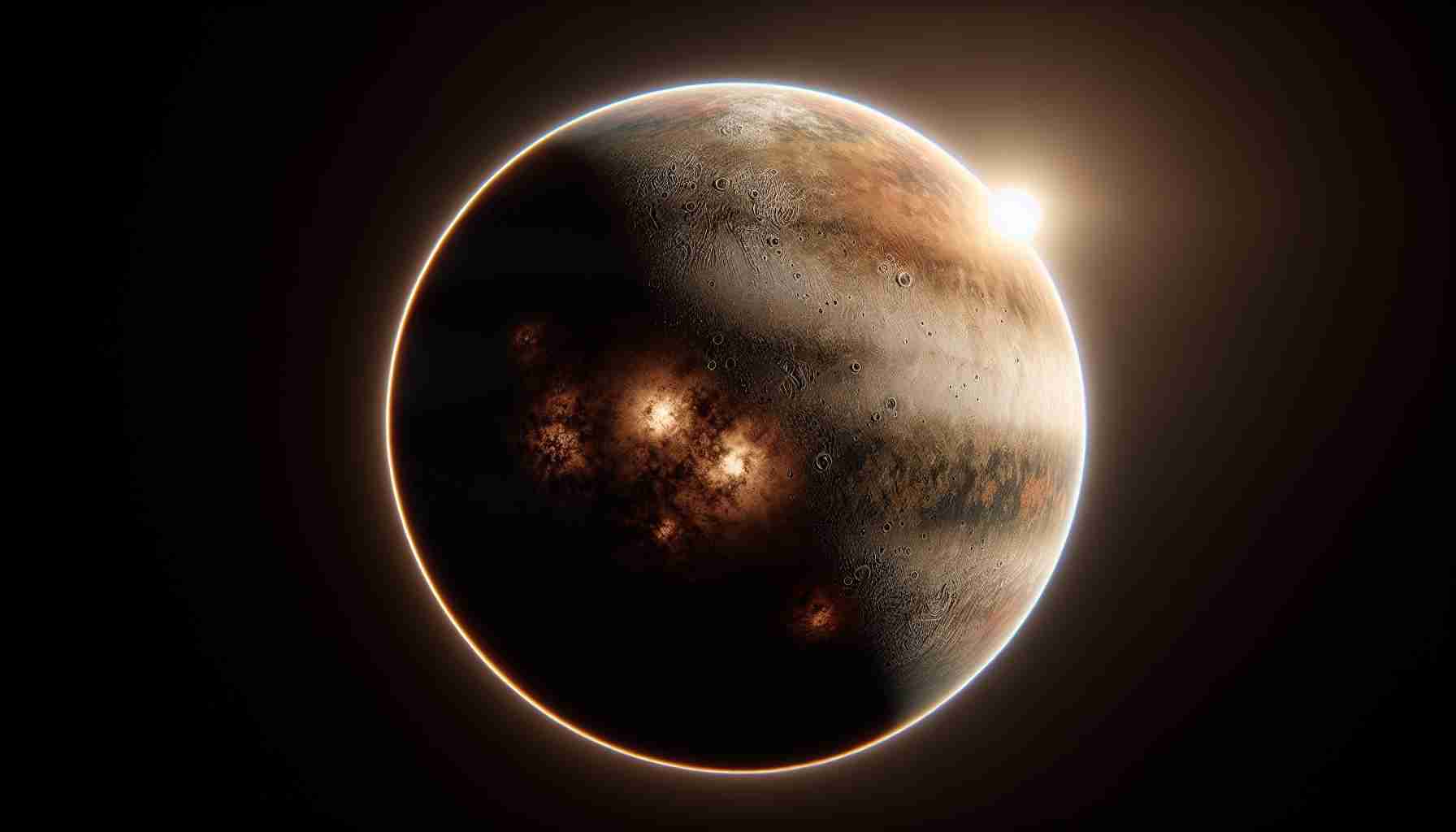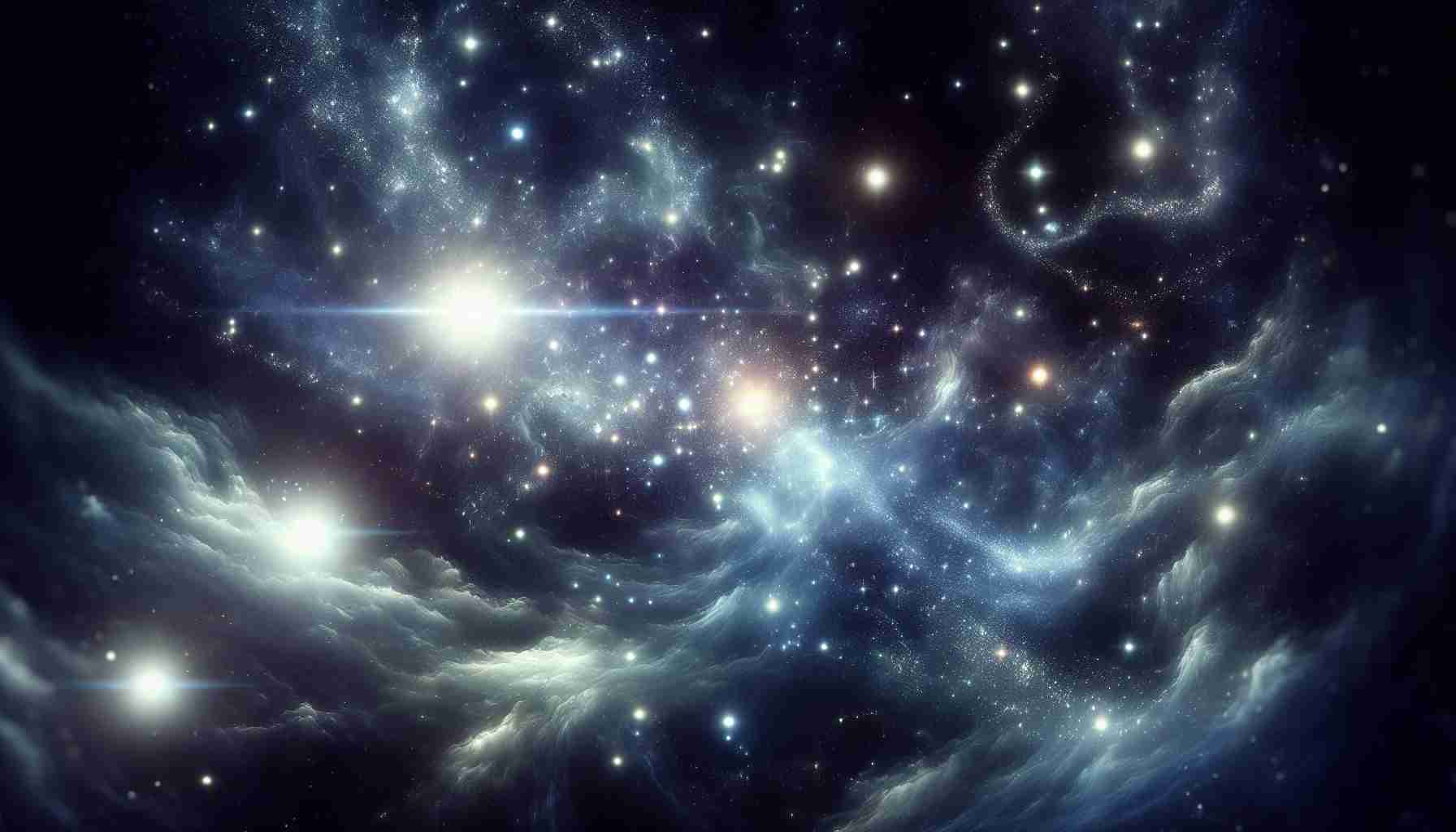Cosmos - Page 50
The term "Cosmos" refers to the universe as an ordered and harmonious system. It encompasses all matter, energy, galaxies, stars, planets, and the vast spaces in between. The concept of the cosmos implies a structured and interconnected reality, contrasting with notions of chaos or randomness. In philosophy and science, the cosmos is often studied to understand the fundamental laws governing the universe, including physical and cosmological phenomena. The term can also denote the totality of existence, including both the material universe and the abstract principles that govern it, in various cultural and spiritual contexts. The exploration of the cosmos includes disciplines like astronomy, astrophysics, and cosmology, seeking to uncover the origins, evolution, and potential fate of the universe. In a broader sense, the word can also symbolize a sense of wonder and curiosity about the universe and our place within it.









